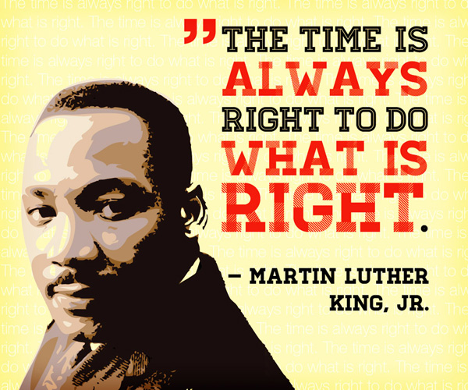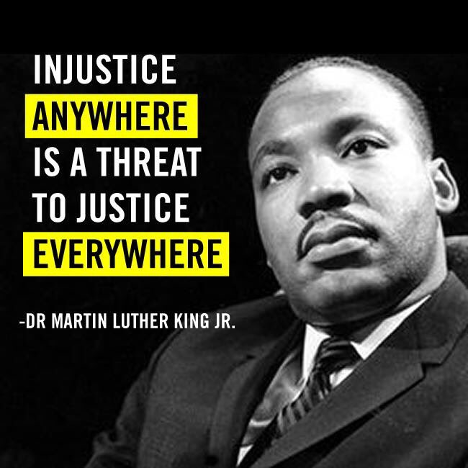Cleveland State University - January 20, 2005
Keynote Address by Murali D. Nair, PhD, Adjunct Professor at CSSW
I identify as an Asian Indian American, spending most of my life in the United States. I was born in India, the birthplace of Mahatma Gandhi, and continue to tell all my students about my native place, Kerala, known for their spice, literacy, religions, and women-owned microenterprises.
I would like to share with you one of my experiences about my identity. When I was teaching in Alabama, the first day of class a student asked me, “where are you from?” I told her, “I live five blocks from the campus”. She asked me again, “where were you before” and I told her, “I lived in Pennsylvania”. She asked again and I told her “I lived in New Jersey”. She asked again and I told her, “I lived in New York City”. At that point, my student got annoyed and asked me where I was born. Then I told her about my heritage.
I told my students about the make-up of our multicultural society. I am sure my American-born children and grandchildren will still experience the same type of inquiry from some people. They may even go a step further. If my children say that they were born here in this country, a question inevitably will be about their parents’ place of birth. Imagine, my grandchildren will be asked, “Where were your grandparents born?” This is a never-ending inquisitiveness to some. I identify myself, and am identified by others, as someone different in American society, and as a result I can appreciate the causes Dr. King championed. I am just playing one part Americans must play to live up to Dr. King’s dream to make our global village more caring and more humane.
Dr. Martin Luther King Jr. was a great man who spent only thirty-nine years in this world; his legacy will be remembered well into the next century and beyond. His message was omnipotent and omnipresent. He taught us how to dream for justice, freedom, compassion, love, self-determination, and creativity. He set an example for us to follow. Like Gandhi, Dr. King followed the path of non-violence to accomplish his dream.
One thing always fascinates me in this world – why some people like to assist others without expecting anything in return. I feel comfortable labeling them as divine. Let me share with you a few examples of divine people.
A seventy-five-year-old woman with no high school education worked her entire life as a maid in a small town in Mississippi. One day she walked into the local university and told the guard that she wanted to see the university president to set up a scholarship. The guard did not let her go to the President’s office, thinking that she was joking. The second day, she came back to the guard and showed him her lifetime savings of $150,000. She told the university administration that her lifelong dream was to be a nurse. Unfortunately, she could not fulfill her dream because college was too expensive. Now she wanted to set up a scholarship to finance the education of a young student. She could have used her savings to improve her living conditions. Instead, she opted to assist someone else. What made this woman perform this benevolent act?
Another example is the time I was traveling in the city of Lima, Peru, and my friend and I went to a bakery to buy a piece of cake. While we were standing inside the store and eating, I felt someone pulling my jacket. I turned and looked. There was a boy around ten years old,telling me something in Spanish. Since I cannot understand his language, I could not respond. He lifted his shirt and started rubbing his stomach. Then I understood he was hungry. I gave him a piece of my cake. My friend and I were still inside the store talking and a few minutes later the same boy came back to the store. This time there was a six-year-old boy with him. He was telling me again something in Spanish at the same time pointing at the other boy’s foot which had no shoe. I could not understand what he wanted so I asked my friend. I came to know that these children are known as “Street Children''. Apparently the ten-year-old boy was living in the streets of Lima for almost five years and the five-year-old boy had only arrived a few days ago by train to the city without knowing anyone. The ten-year-old boy became his guardian, taking care of his needs. What made this boy do this benevolent act?
Whether we admit it or not, I strongly feel that all of us hold some form of Dr. King’s divinity. We tap into this divinity and do good to others, by performing a few random acts of kindness every day. This is a challenge. First and foremost, we all need to search and practice this “self-realization” which in turn brings inner peace. Humility is one of the keys to harvesting this self-realization.
I hope reflecting on these experiences will stimulate you also to reflect on your own past experiences of helping others, as Dr. King often extolled. We should strive to reflect on how we try to live up to Dr. King’s vision. Dr. King once said he has the audacity to believe that people everywhere can have three meals a day: for their bodies, for their minds through education and culture, and for their spirits through dignity, equality, and freedom.
Let us all take a pledge in the name of Dr. King to do at least one random act of kindness every day and before we go to sleep at the end of the day reflect on that deed.
Om santhi santhi santhihe (Let us bring Peace, Peace, Peace to us and to the world).

The Time is Always Right to Do What is Right [Online Image]. (2021). Write From Karen. https://writefromkaren.com/2021/01/17/the-time-is-always-right-to-do-what-is-right/

Edward Herbert [@ed_herbert]. (2016, January 18). “Injustice anywhere is a threat to justice everywhere.” Dr Martin Luther King, Jr. [Image attached] [Post]. X. https://twitter.com/ed_herbert/status/689165167029018624
